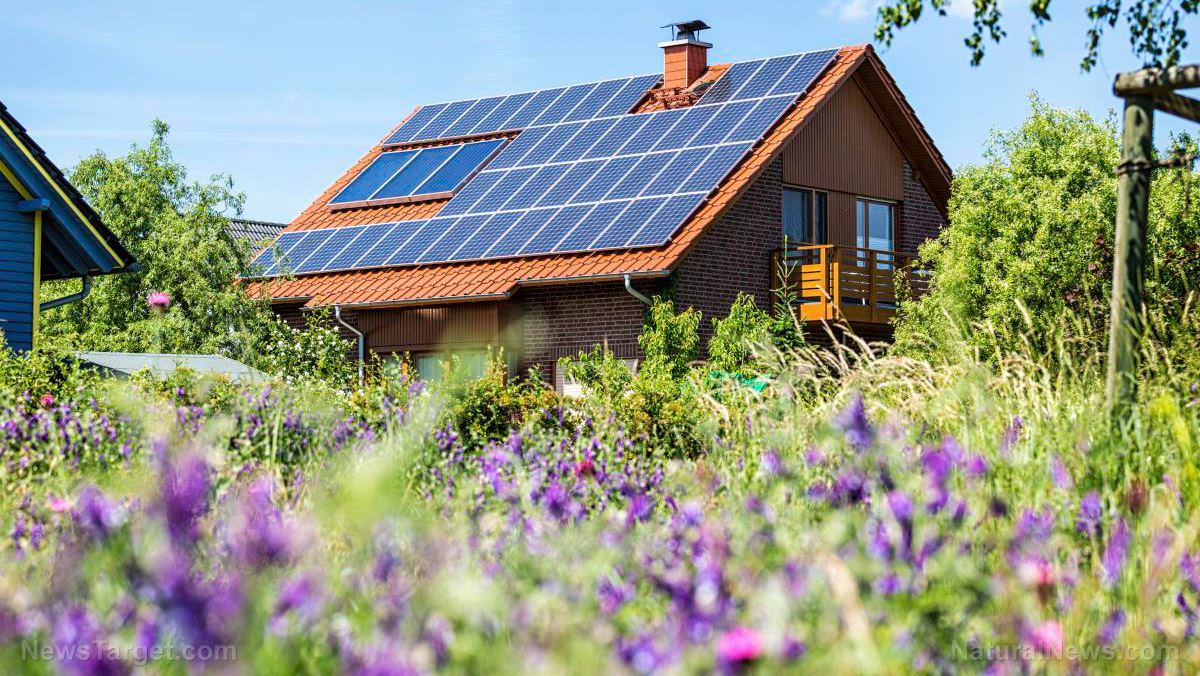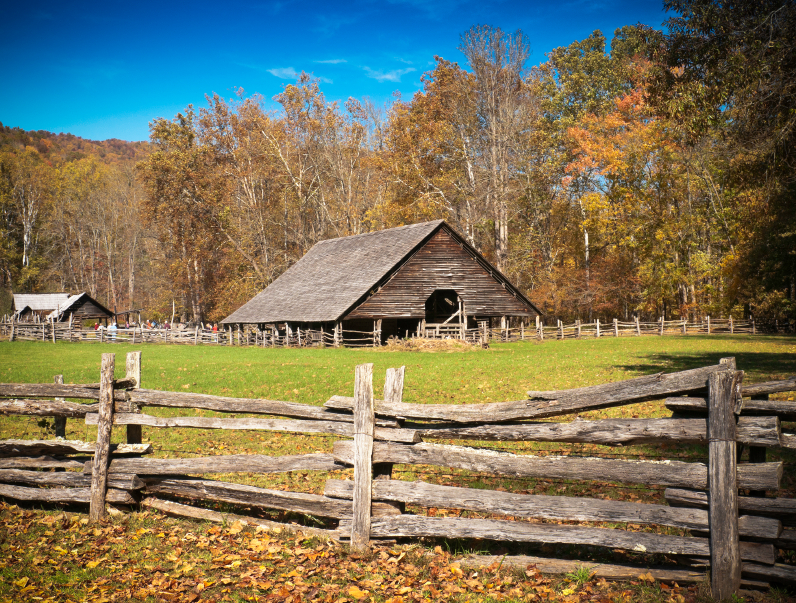Alternative energy sources to consider when SHTF
11/28/2018 / By Zoey Sky

Have you ever considered using an alternate power source for your homestead? If you’re already using solar panels to power your home, what about a backup source that can keep your loved ones warm during winter?
There are various types of energy sources that you can use when SHTF, but not all of them will suit a prepper, especially if you prefer to be your own engineer, mechanic, and maintenance man to maintain your independence in the event of societal collapse.
Below are five alternative energy sources that are sustainable and worth considering when you’re preparing for a life post-SHTF. (h/t to BioPrepper.com)
Bicycle generator
As the name suggests, a bicycle generator is an energy source that will run on old-fashioned “pedal power.” Like a stationary exercise bicycle that remains anchored, the front wheel is the only moving part on a bicycle generator. The front wheel provides the power that will turn a generator flywheel.
A flywheel refers to a heavy wheel attached to a rotating shaft. The flywheel in a bicycle generator ensures that power is smoothly delivered from the motor to a machine.
You can personalize this energy source by referencing the many plans available online so you can set up a kit that suits your needs.
First, you will need to gather the following tools and parts for a bicycle generator:
- A battery
- A belt – This will be rigged to the front wheel of the bicycle.
- A generator
- A voltage regulator – This will prevent the overloading of the battery.
Solar
Solar energy is one of the most straightforward power sources. If you install solar panels on your roof, you have access to a power source for most of your appliances. Solar energy is perfectly suited to the spring, summer, and fall months.
However, you need to make the necessary preparations so you can keep things at home up and running when winter comes. Aside from the snow, there are gray days during winter where you won’t get that much sunlight.
Other alternatives include solar generators. This option is a complete kit that just needs to be plugged in. If you need an energy source for your bug-out bag (BOB), use portable solar panels that you can roll up and store in your gear. (Related: Tips to prepare for a nationwide power grid failure.)
Wind
If you decide on a wind energy source, do your research on kits that you can use to set up a windmill on your property. Windmills will complement solar panels, especially on days when light is scarce but there’s just enough wind for your windmills.
Do take note that unlike other alternative energy sources, windmills will need more maintenance since the moving parts can get damaged.
Wood
Wood fuel is a staple for most preppers, especially after SHTF. You can use a wood-burning stove for heating and cooking, and it can also be used to boil water for drinking, washing, and for doing the laundry.
If you don’t own a stove, a fireplace is a good alternative. With a Dutch oven (cast-iron cookware) and a kettle, you can heat water and cook in your fireplace. Get some racks for hanging laundry, then utilize the heat from a wood-burning stove or a fireplace to dry your clothes indoors.
Some problems that you might encounter if you use a wood-burning stove are fuel and security. If you’re going to use a stove, you must first prepare a lot of wood fuel so you can stay warm and cook for as long as you need to. Another concern is the security of your home. A wood-burning stove will produce smoke, something that will alert strangers to your location. This could be a liability in a post-SHTF world.
Wood gasifier/wood gas generator
A wood gasifier or a wood gas generator includes a container for a heat source (e.g., fire) that heats another container filled with wood pieces. This produces wood gas that will power the carburetor of an engine.
A wood gasifier doesn’t require a fuel tank since the wood itself will produce gas. The engine will turn a flywheel that you can connect to an alternator to produce power. The power can be used to charge a battery array. You can check plans online if you want to set up your own wood gasifier.
Things to consider before setting up an alternative energy source
Don’t wait until it’s too late to set up an alternative power source. As a prepper, you need to start planning these projects now so they’re ready by the time you need them.
Acquire the necessary building permits, especially if you’re planning on building a windmill. While you’re planning, double-check if your project is going to be up to code and consult the following:
- Community and residential codes
- Inspectors
- Local building codes
Use this information to plan for the inevitable and decide which alternative energy source can meet your needs when SHTF.
You can read more articles about these sustainable energy sources at GreenLivingNews.com.
Sources include:
Tagged Under: alternative energy, alternative energy sources, bicycle generators, bug out, clean energy sources, Collapse, disaster, energy sources, green energy, off grid, post-collapse, power sources, preparedness, prepper, prepping, self-reliance, SHTF, solar energy, survival, survivalist, sustainability, sustainable prepping, wind energy, wood fuel, wood gasifier




















